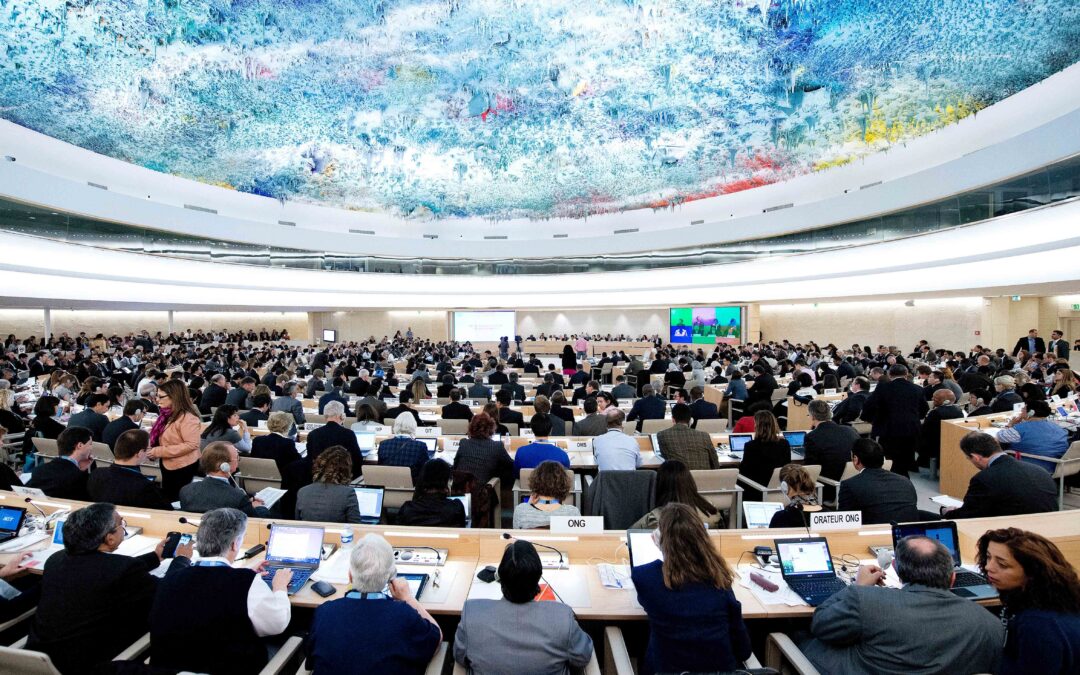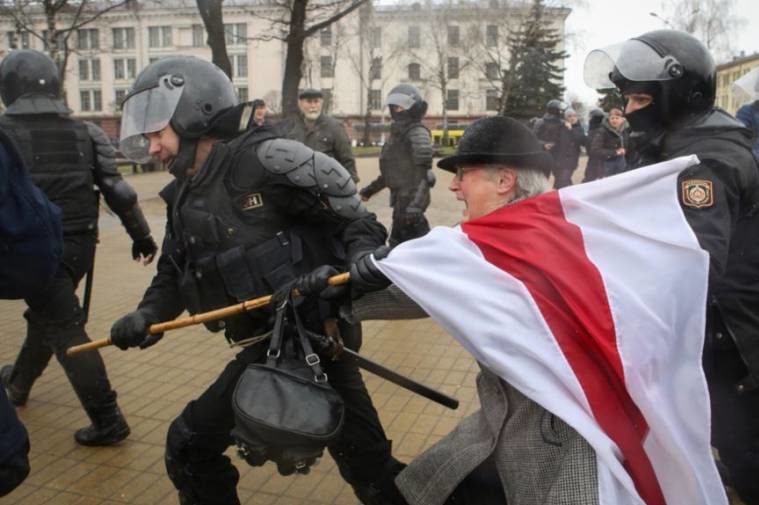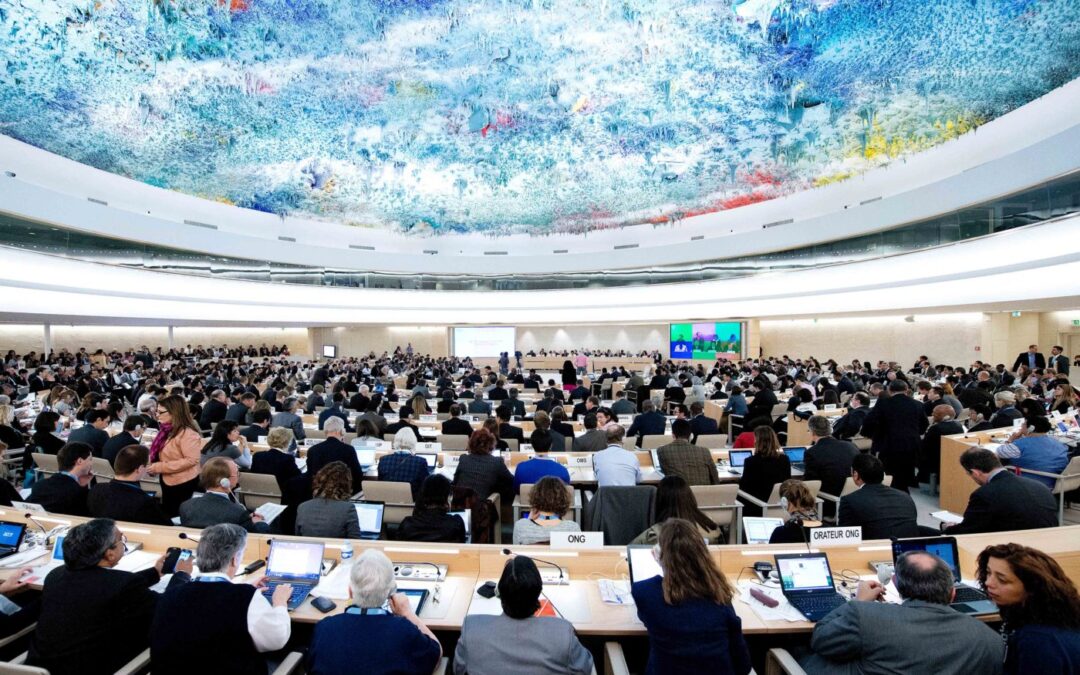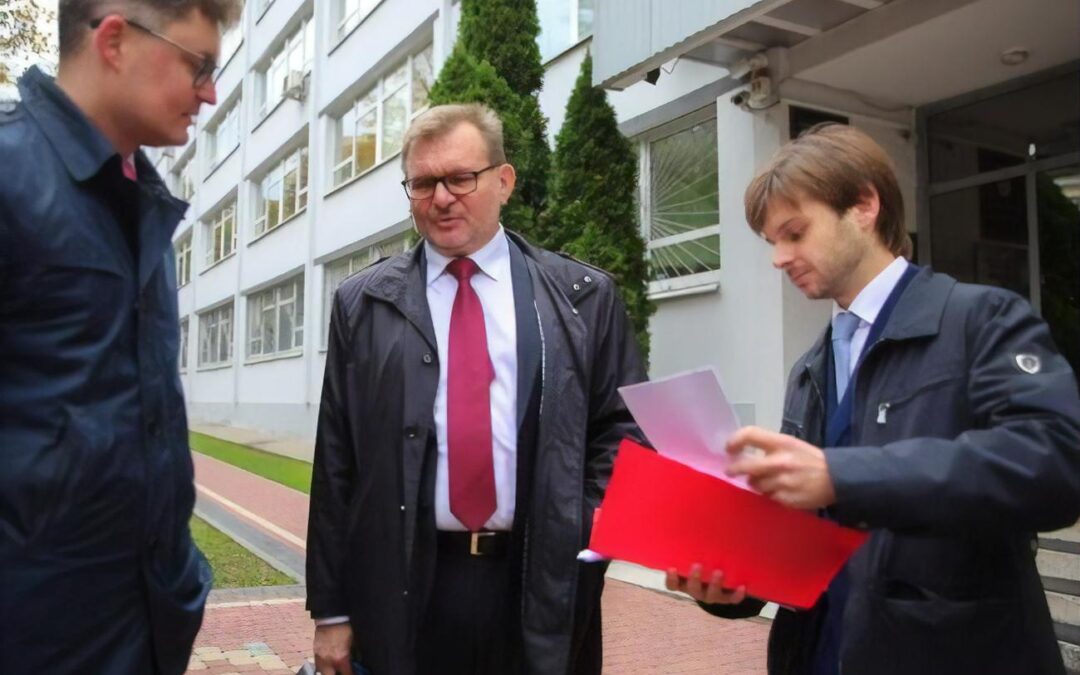
Jul 6, 2021 | News
ICJ and seven other international human rights organizations are deeply saddened by the death in custody of Fr. Stan Swamy, 84 year-old Jesuit priest and human rights defender, on 05 July 2021.

Jul 5, 2021 | Advocacy, Non-legal submissions
The ICJ today addressed the UN Human Rights Council in the Interactive Dialogue on the report of the UN High Commissioner for Human Rights on the situation of human rights in the Bolivarian Republic of Venezuela.

Jul 5, 2021 | Advocacy, Non-legal submissions
The ICJ today addressed the UN Human Rights Council during the interactive dialogue with the UN Special Rapporteur on the situation of human rights in Belarus.

Jul 5, 2021 | Advocacy, News, Non-legal submissions
The International Bar Association’s Human Rights Institute and the International Commission of Jurists are deeply concerned about the deteriorating human rights situation in Belarus, in particular, the ongoing, systematic attacks on the independence of the legal profession and the judiciary’s lack of independence.

Jul 5, 2021 | Events, News
The International Commission of Jurists (ICJ), together with the American Bar Association Center for Human Rights (ABA CHR), the Lawyers for Lawyers (L4L), the International Bar Association Human Rights Institute (IBAHRI), and Polish Helsinki Foundation for Human Rights (HFHR) are co-organizing a side event during the 47th UN HR Council session, on July 6th, at 15:00 CEST/ 9 am EST.









